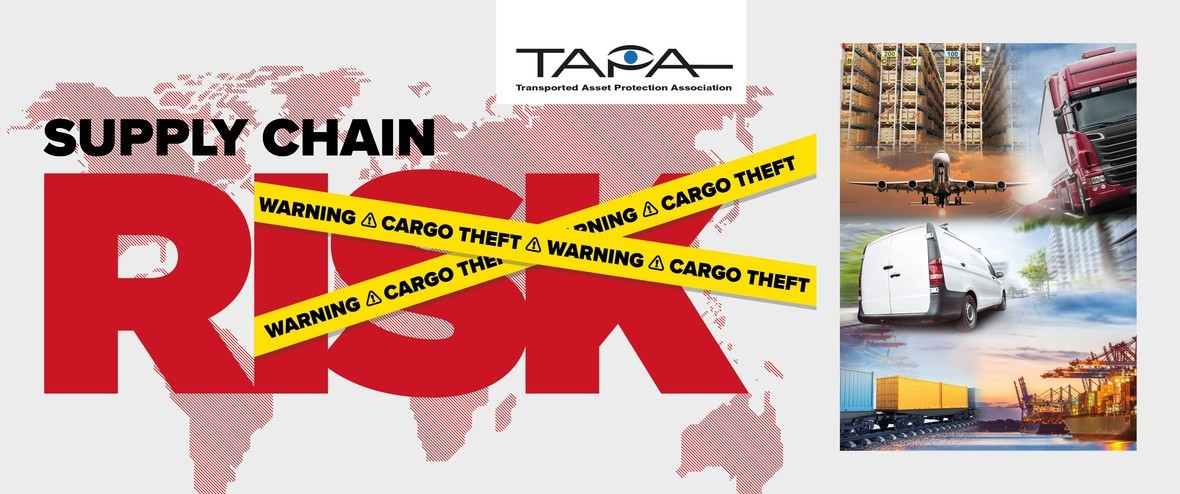TAPA warns of peak cargo crime after unsealing

The Transport Asset Protection Association (TAPA) warned that with the relaxation of the corona virus blockade in Europe, the Middle East and Africa, theft of goods is expected to surge.
TAPA said that although many people were advised to stay at home to help prevent the spread of covid19, its Event Information Service (IIS) was notified that between March 1 and May 27 this year, in 37 countries in the EMEA region, More than 400 products from the supply chain were stolen, with a total value of more than 16.4 million euros.
In April 2020, TAPA recorded a series of seven-figure losses, including 2 million masks stolen in Spain, sports equipment stolen in the UK, and cell phones stolen in Kenya.
In 2019, TAPA's IIS recorded 8,548 pieces of goods stolen in 48 countries in Europe, the Middle East and Africa, which was the highest record since TAPA was established 23 years ago, an increase of 114.7% year-on-year.
TAPA pointed out that the number of theft reports in the first few months of 2020 was less than the same period last year; compared with the above 400 thefts, TAPA reported about 2,500 cargo thefts in the first quarter of 2019, with a total value of more than 33 million euros.
Communities and businesses in Europe, the Middle East and Africa are currently working in the direction of "everything is normal". TAPA EMEA President and CEO Thorsten Neumann said he expects crimes in the supply chain Activities will increase significantly.
"Cargo crime is a 365-day indefinite phenomenon, but the outbreak of Covid-19 and the embargo imposed by governments in the EMEA region have seriously disrupted the activities of organized criminal groups (OCGs) and opportunistic cargo thieves," Neumann commented.
TAPA stated that due to distortions in the supply chain's return to normal operations, companies are facing new risks, for example: due to reduced air and sea freight capacity or high air freight rates, China and Europe will switch to rail transport in the short term; Flights are diverted to charter flights; or ships that are not docked in all ports.
As a result of these changes, many goods move along unfamiliar routes and pass through different hubs and cross-piers, where the risks may not be fully understood or assessed, and the transit time may be longer. Congestion at the hub creates additional risks.
Neumann added: “Organized criminal groups especially want to make up for the loss of ‘revenue’ during this period (business resumption), which may lead to higher risks for the transportation and logistics industry, and trucks are still the most vulnerable.”
"For the remainder of 2020, as people who steal goods return to work, the company should see a surge in cargo crime that affects various modes of transportation."
On July 1, TAPA will release the latest revised industry standards for facility safety requirements and truck safety requirements. These standards are used by multinational service providers and SMEs to protect goods in warehouse storage and transportation.
